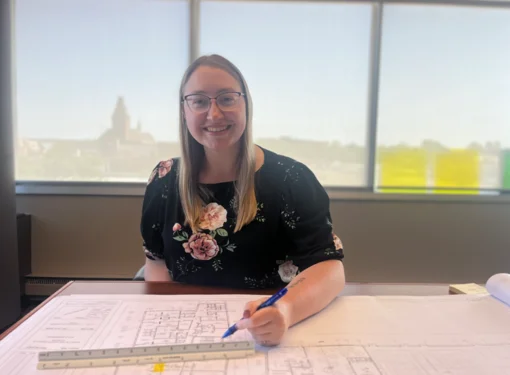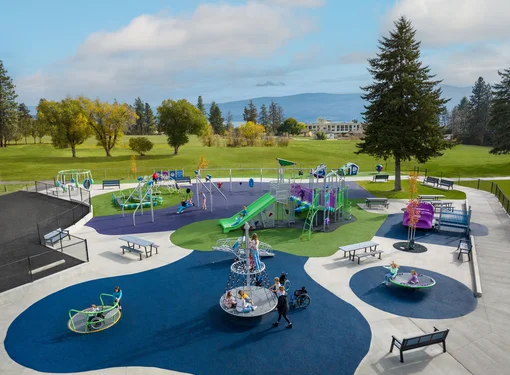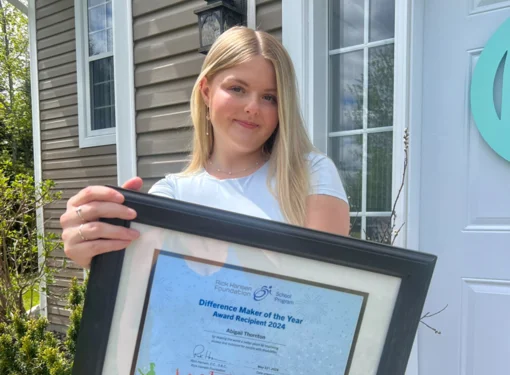RHFAC Training Allows Rick Watters to Continue Learning About Accessibility
Several years ago, the Ontario government was looking to approve a model of accessibility province-wide. Rick Watters was working for an organization that promotes quality of life for people of all abilities through active living, wellness solutions and barrier-free solutions which was putting together a model to submit to the government for consideration.
The Rick Hansen Foundation (RHF) was doing the same with RHF Accessibility Certification™ (RHFAC). Watters took note of what RHF was doing in terms of certification and, having a passion for accessibility, became a member of their technical review committee.
"I liked what I saw in terms of how they developed the RHFAC Training course and the assessment structure and became a fan,” Watters explained. “It is a well-put-together and thought-out program and I’ve been using it myself since I took the course.”
Becoming an RHFAC Professional
Watters took the course at George Brown College and wrote the professional exam in 2019. Watters is president of EnAble Wellness Inc. and uses what he learned in the RHFAC Training course every day. As a person with a disability, Watters believes the combination of lived experience and education enhances his work.
“The course gave me a lot more focus and direction in terms of my career,”
Watters noted. “It also gave me a consistent structure in my approach to assessing buildings.”
Recently, RHF worked with the Government of Ontario to offer 250 complimentary RHFAC ratings across 16 municipalities. One of the sites that was rated was Fanshawe College. Watters was the RHFAC Professional who worked on this project.
Working With Fanshawe College
“My favourite project that I worked on as an RHFAC Professional is Fanshawe College. The reason for this is the management team demonstrated a very strong commitment toward understanding and improving accessibility,” Watters explained.
Watters also noted that with this commitment they addressed accessibility concerns immediately.
“The site contact generated electronic work orders [in] real-time to address some of the common findings, such as manually operated power doors not working or with poor timing. Following the initial RHFAC rating, Fanshawe College put their money where their mouth is and hired me as an end-user accessibility professional to provide them with solutions reports for each site,” Watters said. “This not only demonstrates their commitment to improving accessibility, but it also provides employment to people with disabilities, such as myself, to provide meaningful universally accessible solutions from an end-user's perspective.”
Continuous Learning
For Watters, becoming an RHFAC Professional has allowed him to have a process to follow and gain a deeper understanding of what meaningful accessibility and universal design are all about, and that the learning process was very eye-opening.
“I loved learning much more in-depth about a range of disabilities and spectrums of disabilities and how much it impacts people in the physical environment,” Watters said. “I would say some of the challenges that are unmet for people with sensory disabilities surprised me.”
Watters says that he is a lifelong learner and enjoys taking courses and workshops regularly to learn more about accessibility. He is also a part of the Accessibility Professional Network (APN), so he attends webinars and courses they regularly put on.







